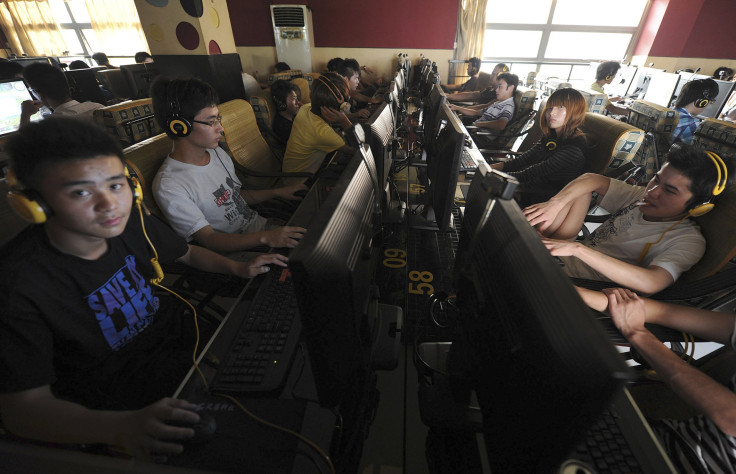China Accuses NetEase, A US-Listed Web Portal, Of Spreading Porn, Rumors

The Cyberspace Administration of China (CAC), the country’s Internet regulator, has accused NetEase, one of China’s biggest web portals, of spreading pornography and rumors. The move comes at a time when Beijing is trying to further tighten its grip on the Internet.
In a statement posted on its website on Monday, CAC said that its officials had met with representatives of the Nasdaq-listed NetEase to discuss “problems” in the company's operations. The regulator warned the company that it could face penalties, including a ban on its online news service, if it does not improve its internal management, Reuters reported.
“Some websites take a lax attitude towards content published for the sake of profit and sometimes spread pornography, vulgar content and bad information, which has disrupted the orderly flow of online information and damaged the public interest,” the CAC said in the statement, obtained by Channel NewsAsia.
NetEase, whose services include online games, education and email services, was accused by CAC of “illegally republishing news and information, spreading pornography, rumour-mongering and other issues.”
The state-run Global Times newspaper noted, in an editorial Tuesday, that several “speculative reports” in Chinese media and some rumors circulated on social media platforms had proven to be “maliciously cooked up.”
“Public opinion is so obsessed with salacious details, there is not much censure on the media even if it makes false reports. However, the media should remain cautious when reporting on the anti-corruption campaign,” the newspaper said, referring to Chinese President Xi Jinping’s anti-graft sweep, which has been criticized by some as a cover for purging Xi's political opponents.
The latest accusation comes after China’s Ministry of Culture imposed fines in December on 11 Internet companies, including Tencent Holdings and Baidu, for allegedly spreading pornography and violent content, Reuters reported, adding that China had also launched an anti-pornography campaign in April as part of a broader plan to clean up the Internet.
Last month, China blocked many virtual private networks that are used to sidestep the country's Internet censorship system, known as the “Great Firewall.” In December, the country blocked Google’s Gmail service following months of disruptions.
© Copyright IBTimes 2024. All rights reserved.












